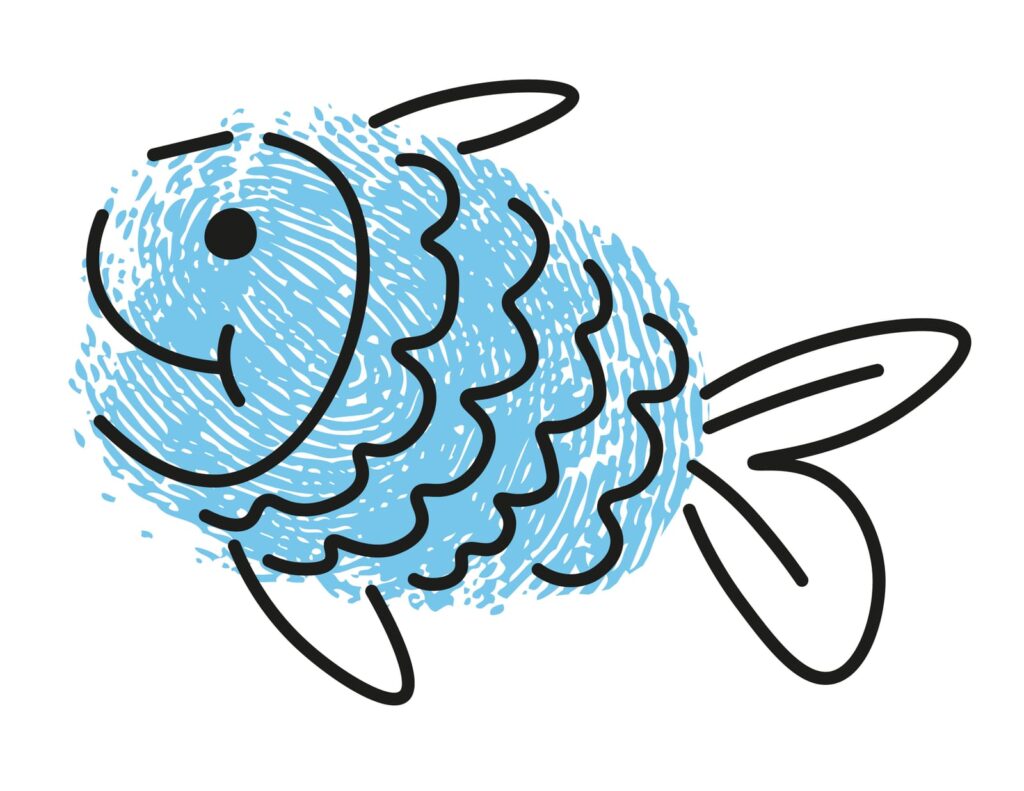數位果子 BLOG
本站是數位果子的部落格網站。

在英語中,名詞的複數形式通常是在單數形式的基礎上加上-s或-es,但也存在一些特殊情況,即單複數同形名詞。這些名詞在單數和複數形式上保持相同,不會因為數量的變化而改變形式。
首先,我們來看一些動物名詞。例如,fish(魚)、sheep(綿羊)、deer(鹿)等,它們的單複數形式相同。舉例來說,當我們說到水族箱裡有魚時,可以說”There is one fish in the tank.”,而當水族箱裡有多條魚時,我們則可以說”There are two fish in the tank.”。同樣地,當我們在森林中看到一隻鹿時,可以說”I saw a deer in the forest.”,而當我們看到一群鹿時,可以說”I saw a herd of deer in the forest.”。

除了動物名詞,還有一些表示人的名詞也屬於單複數同形的範疇,比如man(人)、woman(女人)、child(孩子)等。舉例來說,當房間裡有一個男人時,可以說”There is one man in the room.”,而當房間裡有多位男人時,我們則可以說”There are two men in the room.”。同樣地,當我們討論孩子的需要時,可以說”Every child needs love.”,或者”All children need love.”。
另一個例子是一些特定的詞彙,比如craft(手藝)、aircraft(飛機)、spacecraft(太空船)等。這些名詞在單複數形式上保持一致。舉例來說,當我們稱讚一個人的手藝時,可以說”She is good at craft.”,而當我們看到天空中的一架飛機時,可以說”I saw an aircraft in the sky.”。
此外,還有一些表示數量的名詞,比如dozen(十二)、hundred(一百)、thousand(一千)、million(一百萬)、billion(十億)等。這些名詞的單複數形式相同。舉例來說,當我們買了十二顆蛋時,可以說”I bought a dozen eggs.”,而當我們討論城市人口時,可以說”There are millions of people in the city.”。
最後,還有一些其他類型的單複數同形名詞,比如news(新聞)、means(方法)、series(系列)、crossroads(十字路口)等。這些名詞在單複數形式上保持一致。舉例來說,當我們問今天有什麼新聞時,可以說”What’s the news today?”,或者”What are the news today?”。又或者,當我們討論有關方法時,可以說”He has many means of achieving his goal.”,或者”He has a lot of means.”。

類型 | 單複數同形名詞 | 單數例句 | 複數例句 |
|---|---|---|---|
動物名詞 | fish(魚)、sheep(綿羊) | There is one fish in the tank. | There are two fish in the tank. |
deer(鹿) | I saw a deer in the forest. | I saw a herd of deer in the forest. | |
人名詞 | man(人)、woman(女人) | There is one man in the room. | There are two men in the room. |
child(孩子) | Every child needs love. | All children need love. | |
特定詞彙 | craft(手藝)、aircraft(飛機) | She is good at craft. | I saw an aircraft in the sky. |
數量名詞 | dozen(十二)、million(一百萬) | I bought a dozen eggs. | There are millions of people in the city. |
其他 | news(新聞)、means(方法) | What’s the news today? | He has many means of achieving his goal. |
總之,單複數同形名詞是英語中的一個特殊類型,使用時需要注意具體的含義和上下文。有時在特定情況下,這些名詞也可能使用複數形式,需要根據具體情況來判斷。